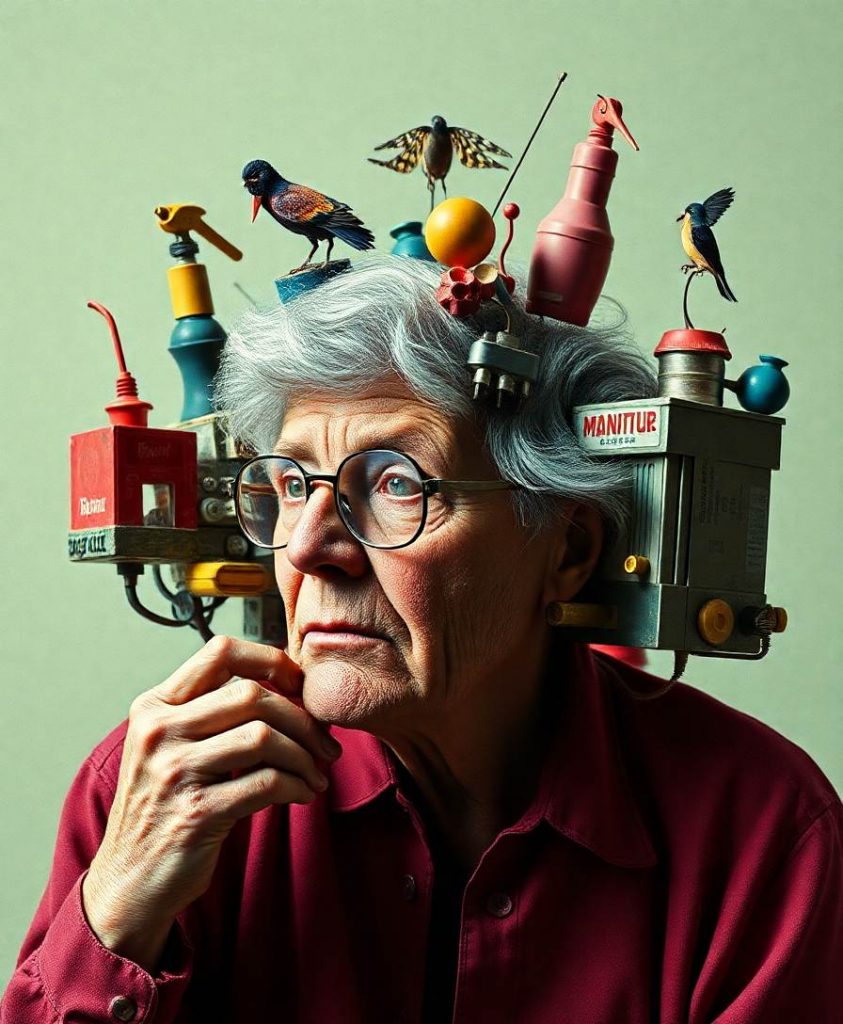Imagine the sensation of your chest tightening unexpectedly, like a sudden constriction that takes your breath away. Or perhaps you’ve noticed episodes of dizziness, a fainting spell that seems to come out of nowhere. These are often subtle whispers from your body signaling that something is amiss in your heart or brain—especially as we age. For many, these quiet signals are dismissed or unnoticed until they escalate into a full-blown medical emergency.
Living with the awareness of how heart failure and strokes can silently develop offers a profound way to connect with your body’s needs. It’s about tuning into those small, often overlooked sensations—pressure, fatigue, fleeting dizziness—that might seem minor but could carry significant meaning. Recognizing these early signs can be the difference between prompt, life-saving action and a sudden crisis.
In the recent news about Pope Francis’s passing—at 88, succumbing to a stroke and irreversible heart failure—it becomes clear how these conditions can quietly progress, often without obvious warning signs. Many individuals experience a gradual decline or subtle symptoms that are easy to overlook, especially when life feels busy or health concerns seem distant.
So, how do you listen more closely to your body’s signals? Start by noticing if you feel unusually fatigued, short of breath during simple activities, or if your heart sometimes feels irregular or heavy. These are not just fleeting discomforts; they can be early indicators of underlying issues. Regular check-ups, especially as you age, are crucial. Blood pressure and heart health screenings can uncover problems before they become critical.

Living with awareness means embracing a proactive approach—making small lifestyle changes like adopting a heart-healthy diet, staying physically active suited to your capacity, and managing stress effectively. These steps aren’t just about avoiding illness; they’re about cultivating a deeper connection with your body, honoring its signals, and acting with care.
Understanding that conditions like stroke and heart failure often develop gradually empowers you to notice the early signs and seek help promptly. It’s about transforming your relationship with your health from reactive to attentive, from passive to engaged. When you listen to your body’s subtle signals, you become an active participant in your well-being, capable of making choices that support your vitality long-term.
The recent passing of Pope Francis reminds us that age-related health challenges are part of life’s natural course, but they don’t have to come as sudden surprises. By staying attuned to your body’s whispers—those quiet signals of stress, fatigue, or irregular heartbeat—you can take meaningful steps to protect your health, ensure peace of mind, and cherish every moment with vitality.
Learn More: Doctor: Pope Francis Died of Stroke, Heart Failure
Abstract: Pope Francis died of a stroke and irreversible heart failure, Vatican doctor Andrea Arcangeli said in a death certificate released on Monday for the 88-year-old pontiff.
Link: Read Full Article (External Site)




